“Back to the Future (Winepress, 2024)” is a collection of poems written in Pidgin English. The work, written by Dr. Bolutife Oluwadele, is described as a collection of dialogical poems in Pidgin.
Dr Bolutife is a versatile chartered Accountant with degrees in Public Policy and Administration and Corporate Governance from universities in United States and England. He has published many books, including Thoughts of a Village Boy, My Quest for Nigeria’s Rebirth, and Business Strategy Manual.
The collection contains 25 poems, essentially delivered in humour-laden dialogue between the poet persona and his friends. It is a collection full of serious and light-hearted commentary on personal, social, economic and political issues.
The collection opens with the poet persona in dialogue with a pal of his as they commune about the resistance that African youths are mounting against bad governance and inept leadership. Using the Kenyan pushback by the youth as a canvas, the poet persona celebrates the collective voice young people are putting up across the continent “[T]o put failed leadership to test.”
In the second poem: “Charity from Outside (p6),” the poet persona is in another exchange about how the flailing Nigerian power sector. The poet muses that while “we dey roast yam/Anoda persin borrow awa knife” to lament that the power sector has failed to deliver electricity to Nigerians while even our neighbour Ghana has uninterrupted supply. “But Ghana dey get am steadi steadi” yet we cannot muster gas for all our power plants and stations. For the poet, we only look good from outside but lost in past glory (p8): “We come dey do yeye big broda” but “remain awa Generator Republik… on top awa resources.”
In this collection, the poet has lines on gratitude even if you don’t have all that you want. The poem “Baba God, I Throway Salute” (p10), speaks to this theme in a rather humour-laden dialogue here and throughout the collection. For instance, Sura di Famasotika is a humorous exchange about fake pharmacist, Sura and the poet persona’s mistrust of the security and drug law agents to properly prosecute such persons when apprehended.
In the collection, the poet persona is perplexed at the avoidable, reckless killing of Bamise by a Lagos BRT driver and the humorous allusion to waiting for a certain “Detective Fash” and the uncertainty of a thorough investigation. In the poem, “Horrors in Lasgidi” (Pp19-21), the dialogue also veers to the confusing case of the lady who won a beauty pageant in prison. This lady is said to have allegedly killed a man, but the poet wonders how it is possible to face such huge charges and still catch fun in prison. The poem ends with the wish that all senseless killings should end in our nation.
The poet persona is perplexed at the pervasive corruption in the country. At almost every turn of the pages the diaspora poet persona laments the graft that bestrides every agency of government. Similarly, the poet has lines written to condemn the corruption in the civil service as well. And the work is also loaded with commentary on the hypocrisy of religion. He laments about the likelihood of failed justice for the slain innocent, and the poor processes of prosecution by the police and national drug law agents. And the poet wonders if we would ever be able to get rid of budget padding and wastage in government. This is represented in the poem (p23) “Vandalism or Imported Hooliganism?” “Dem don kriet chop money be dat/Sharp sharp, you go hear billions of Naira for repair/Na wa for awa pipu o…”
The collection, Back to the Future has commentary on politics and the intriguing drama of presidential declarations before the 2023 elections. In the poem, “Three Fighting in Lasgidi” (Pp26-29) the poet alludes to his surprise at the declaration of interest by someone referred to as “Star Boy” making the battle a three-man show on the Lagos/Ogun axis of the political divide. And the poet persona equally expresses his surprise that a certain character in “Pota” had the guts to shamelessly come out. “Dis Amarchy matta get as e be o/Persin wey suppose dey ritayament tey tey o/… For correct kontri, e no go get mouth to dey do dikliareshon.” (p27)
Still on politics, the poem “Ashewo Kobo Dollar” (Pp38-41), the poet persona holds out his cane and lashes out on the politicians who mouth fighting corruption, but epitomize it, some sort of strange paradox. For context, the poet alludes to the bribing of delegates with thousands of dollars by presidential candidates in national primary elections. He laments the hypocrisy that rules the psyche of the political class. The poet muses: “Imagine Artikulate of all people!/And Wikky wey say e be lawyer o/Come de do competition for bad behaviour/Dia own worwor pass tortoise wife sef…/Small taim, dem go begin yarn wayo/Say dem get zero tolerance for koropshon/On top di yanma-yanma wey full dia hand…”
Also Read
The collection also has lines penned in celebration of women in politics and sports. In “The Amazing Amazons” (Pp42-45) the poet eulogises Nigerian women in sports. He mentions the phenomenal women sprinters, specifically singling out Tobi Amusan for storming international sports with stunning performances and winning laurels. He then uses the feat of the fantastic female athletes to castigate their male counterparts: “Make we ritaya all dis old athletes joor/…Make dem dey chop corn and beans wey get stone/On top of say dem no trai at all at all nau.” For the poet, if we can get a sizeable number of women into government, the nation would fare better and government would be run with purpose and direction (Pp44-45). So he writes that it is better to “hand ova to di Amazons … /With focus and agility/And sense of purpose/To rescue us from our terrible situations/And give us a new lease of life.”
The collection’s title poem (Pp87-89) discusses the political oscillation of the nation. The poet persona here fails to understand why a change of national anthem to the old one constitutes change and progress. The poet persona thinks that it appears as though the government has lost focus. “In fact, the lightning speed/With which everything was done/It was as if it would enhance our economy/And put food on our table.”
The poems in the work are largely written in four-line verses to give it rhythmic rhymes and measured musicality.
The collection is a unique addition to the growing list of works written in Pidgin English, a language that is street-compliant, equally nuanced and rich in humour.
For the benefit of the reader who might not be very conversant with Pidgin English phraseology, a glossary of words is added to aid understanding. The collection is a strong statement from Dr. Bolutife that the Pidgin English is an equally potent means of communication, advocacy and socio-political and economic commentary. The poet is indeed a very prolific satirist.
. Olatunbosun is a broadcast journalist, fact-checker and book reviewer at Splash FM 105.5, Ibadan. He can be reached via 08023517565 (SMS & WhatsApp only) and email molatunbosun@splashfm1055.com.
Post Views: 3



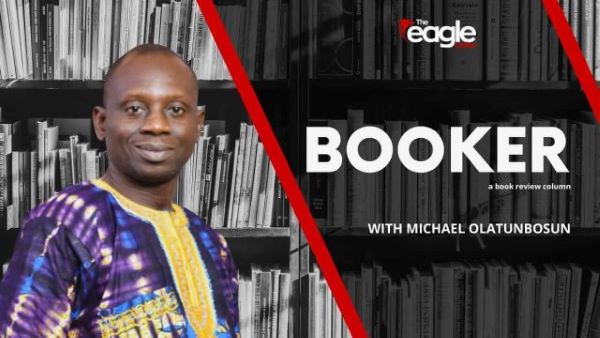




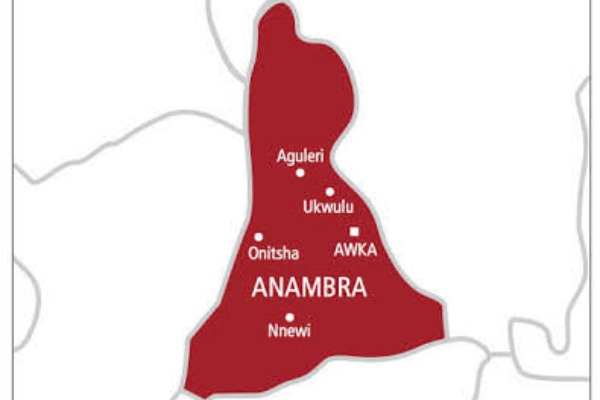

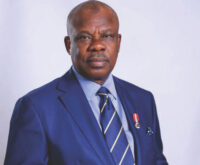
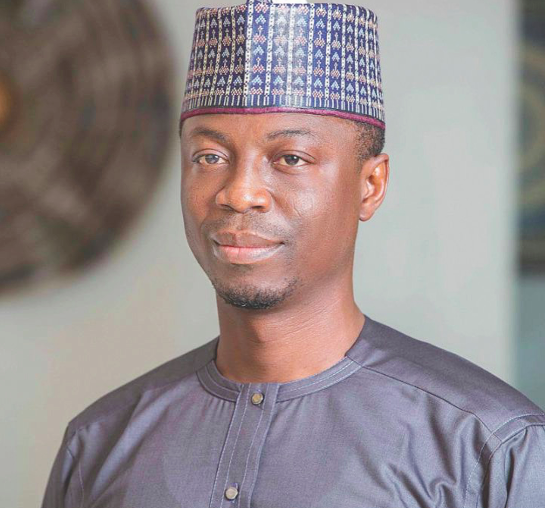
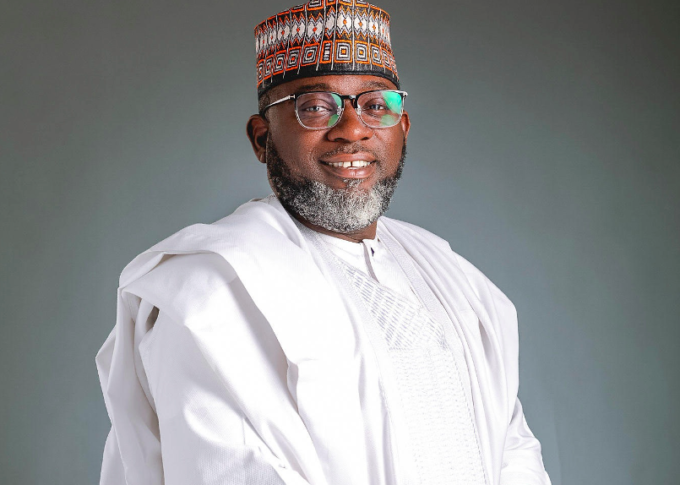
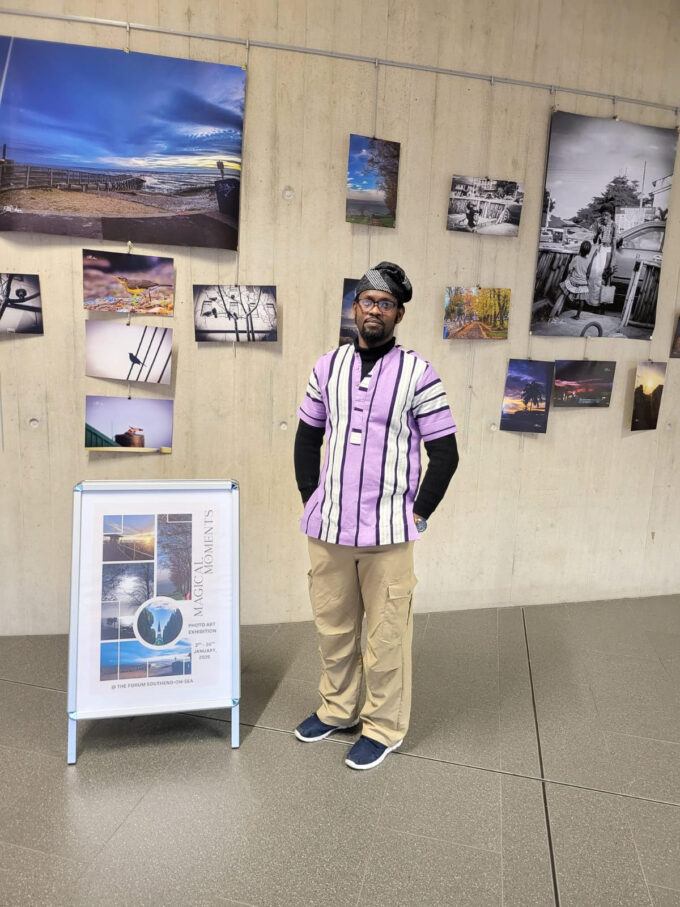
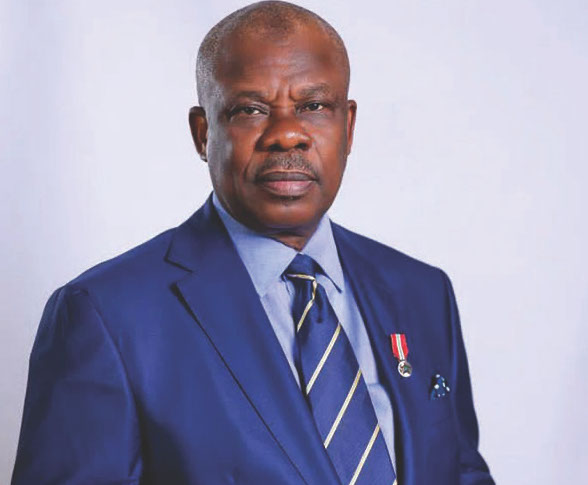



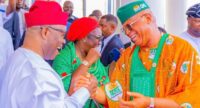

Leave a comment